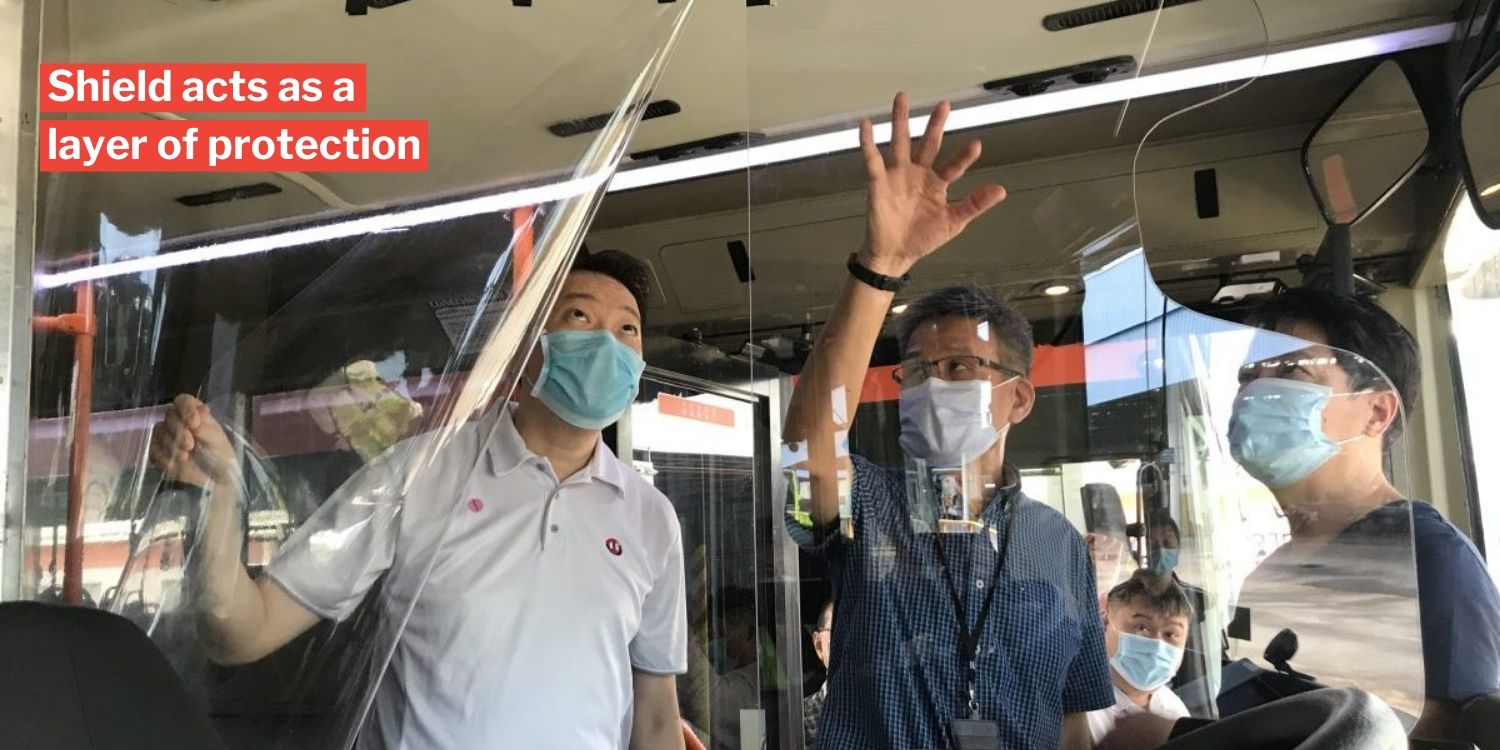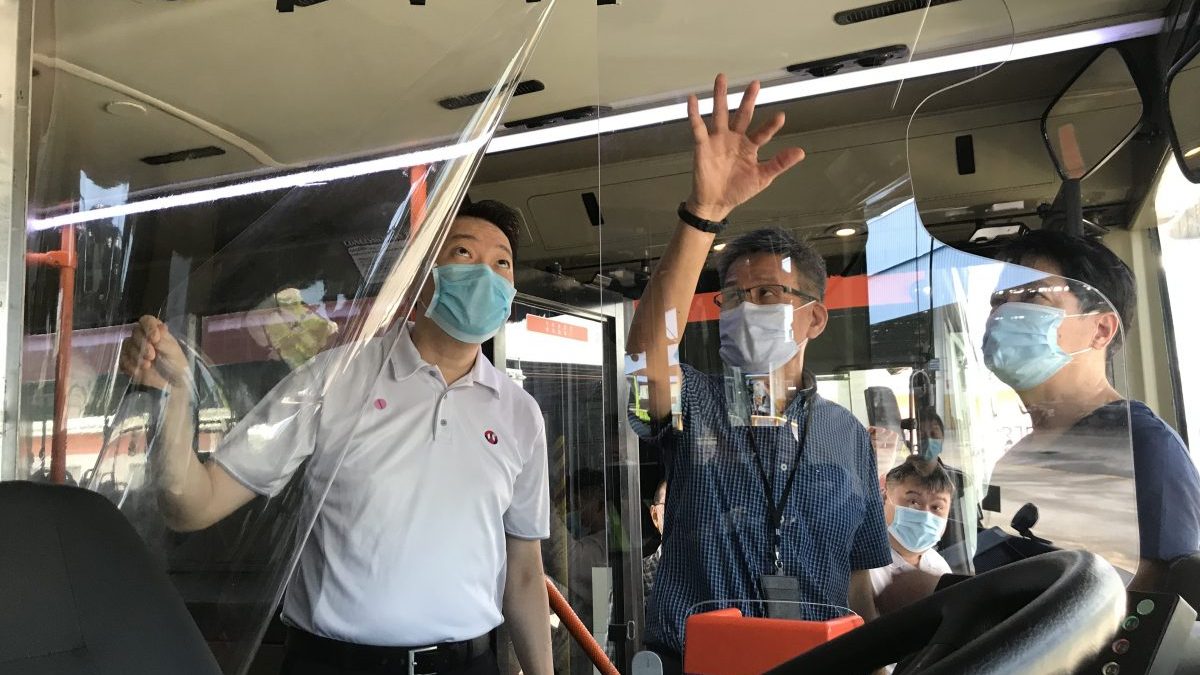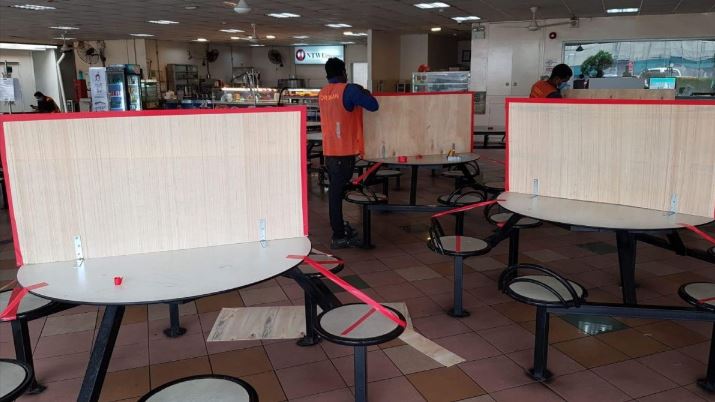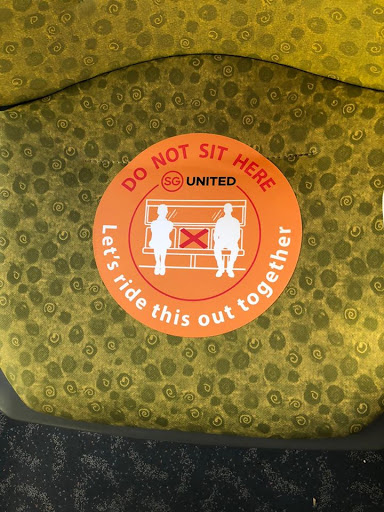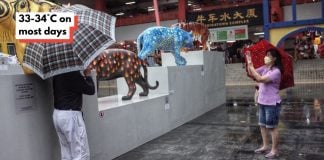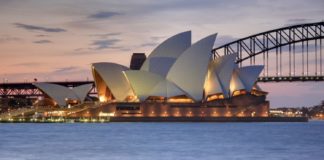Buses Could Sport Plastic Shields & Ditch Safe Distancing Stickers After ‘Circuit Breaker’
While we’re not quite there yet, we’ll eventually be allowed to go about our day-to-day business. And when that happens, it is likely that most of us will continue taking public transport.
As such, we need to make sure that adequate measures are in place to cope with safety demands that come with increased ridership.
One idea that is currently being considered is the installation of plastic shields on public buses.
This was shared by Labour Member of Parliament Melvin Yong in a blog post on Saturday (23 May).
Plastic shield is a layer of protection
According to Mr Yong, bus captains are currently provided with masks, face shields, and sanitser to keep their work areas clean.
However, more can still be done to keep bus captains safe.
Hence, authorities are currently looking into installing a plastic shield that acts as a layer of protection for both bus captains and commuters.
This is similar to the Perspex shield that was trialed in 2018 to protect bus drivers from potential assault or hijacking.
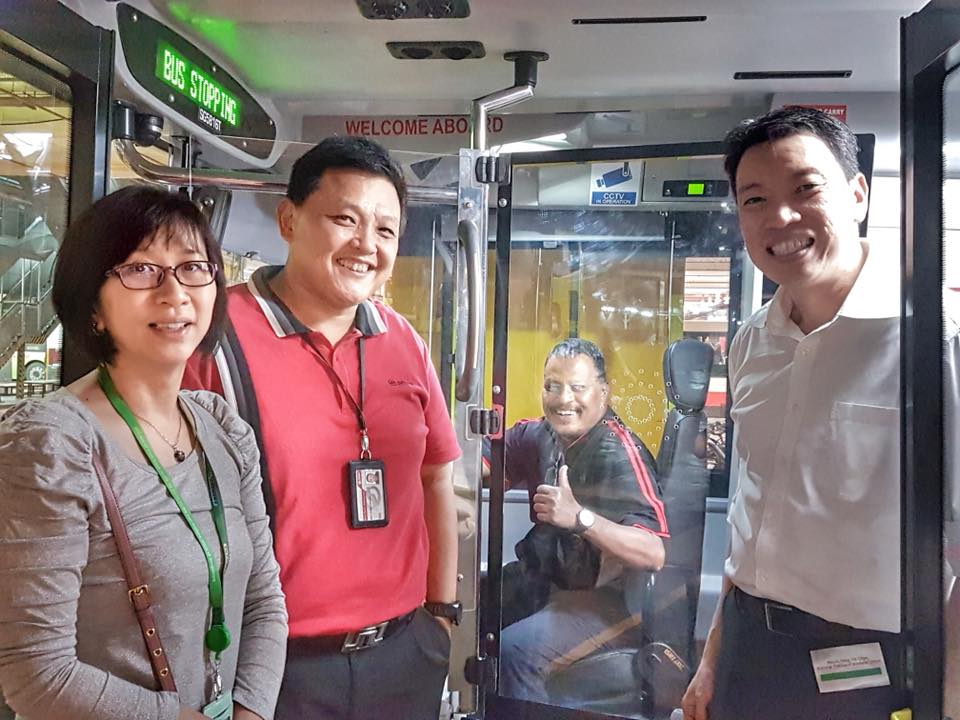 Perspex shield trial in 2018
Perspex shield trial in 2018
Source
According to Mr Yong, the plastic shield will allow safe distancing for bus captains.
Separators also installed at canteens
But bus captains need to stay safe in between shifts, and not just on the road.
Hence, separators have been installed at canteen tables to allow workers to dine safely.
This way, tables are not limited to 1 employee, and canteens can increase their dining capacity while maintaining safe distancing.
Public transport might lose safe distancing stickers
Mr Yong also shared that there is a need to manage the anticipated increase in ridership after ‘Circuit Breaker’ ends on 1 Jun.
The rise in commuters might supersede the relevance of safe distancing stickers that are currently pasted on MRT and bus seats.
Hence, he urges the Land Transport Authority (LTA) to reassess if these stickers are still relevant.
Best to stay home and telecommute where possible
At the end of the day, citizens are safest staying at home and going out only when absolutely necessary.
This way, we are also doing our part in keeping frontline workers safe by not adding to crowds during peak hours.
Featured image adapted from LabourBeat.
